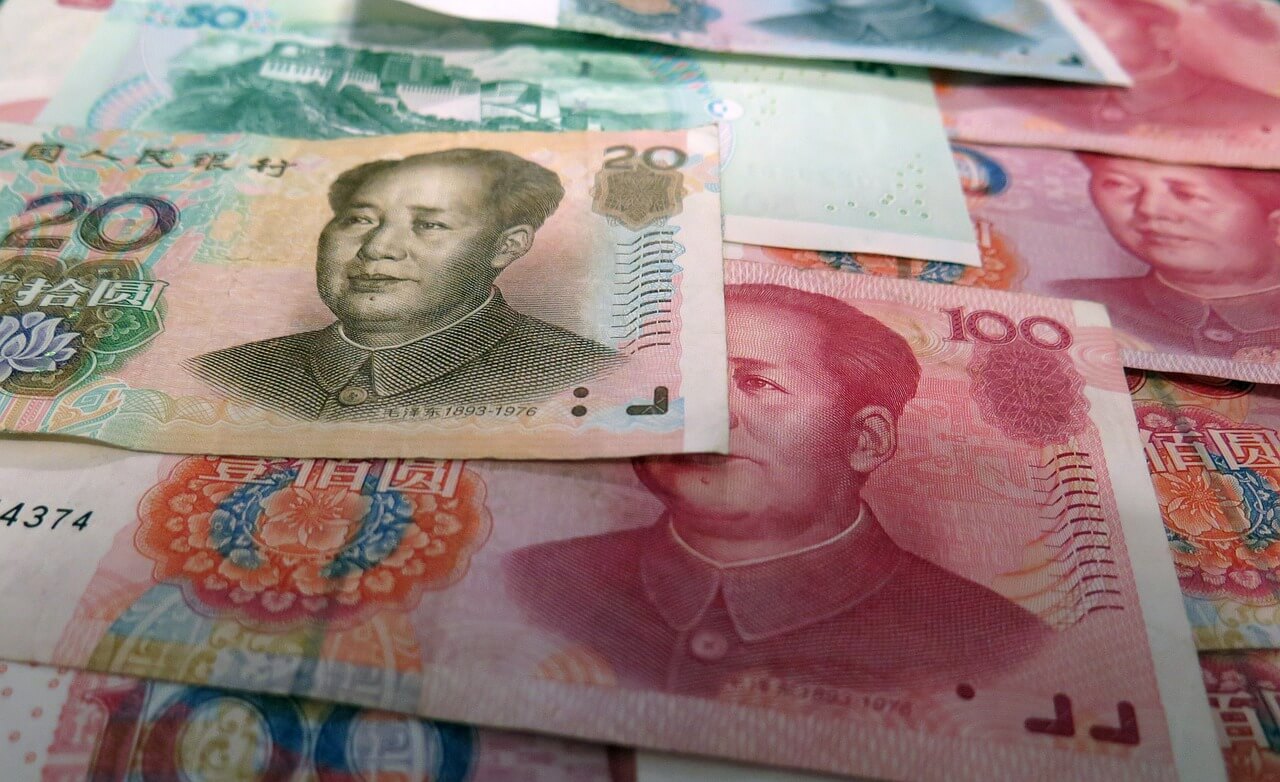Bolivia seeks use the yuan in its commercial relations with China
Photo: Pixabay.
In the face of the challenge posed by the shortage of dollars and the growing importance of China as a key trading partner, the Bolivian Institute of Foreign Trade (IBCE) has proposed a strategy to promote the use of the Chinese yuan in commercial transactions between both countries.
According to data provided by the IBCE, Bolivia’s imports from China have experienced exponential growth in recent years. In 2023, 4,597 products were imported for a value of $2.4 billion, representing an increase of 1,381% compared to import levels recorded in 2005. This upward trend is also reflected in Bolivian exports to China, which have increased by 5,592% during the same period, reaching a record of $1.2 billion in 2023.
Gary Rodríguez, General Manager of the IBCE, highlighted that products such as vehicles, tires, ovens, motorcycles, and textiles are among Bolivia’s main imports from China, while Bolivian exports include silver, zinc, lead, and beef, among others.
With the aim of improving trade relations between Bolivia and China, Banco Unión SA recently signed a correspondent banking agreement with the Industrial and Commercial Bank of China (ICBC). This agreement will facilitate direct transactions between Bolivia’s national currency, the boliviano, and the yuan, reducing costs associated with international operations and offering more favorable commercial conditions for both parties.
Marcelo Montenegro, Minister of Economy and Public Finance, emphasized that this agreement will provide certainty to the population to carry out yuan-to-boliviano transactions directly, without intermediation from other financial entities or other currencies. He also noted that there is significant potential to increase Bolivian exports to China, especially in the food sector. As part of this strategic alliance, ICBC and Banco Unión are actively promoting direct trade between both countries, marking the beginning of a new era of collaboration on the international stage.
Currently, several countries in Latin America, including Argentina and Brazil, have taken significant steps towards implementing the Chinese yuan as a commercial currency in their relations with China. These movements indicate a regional trend towards the use of the yuan in foreign trade. Despite these advances, widespread adoption of the yuan in Latin America is still subject to various geopolitical and economic considerations, as well as the need for internal reforms in China to open its financial markets.

